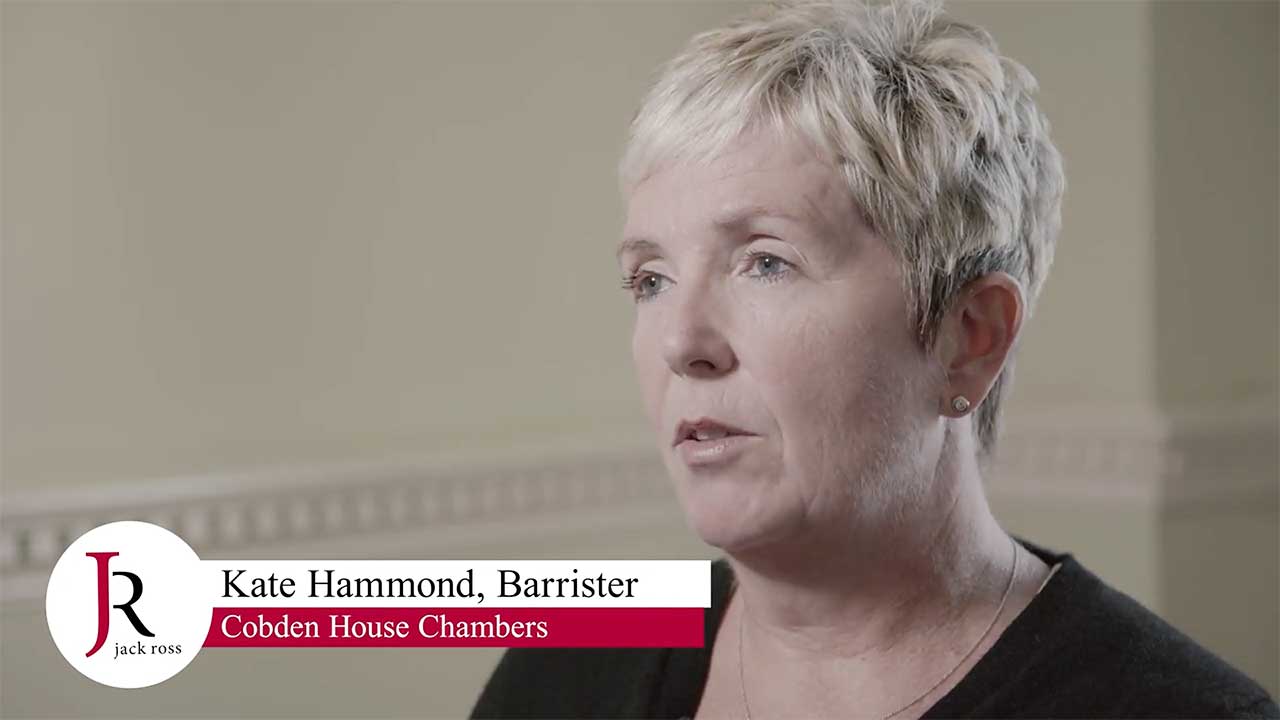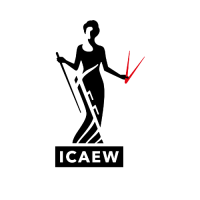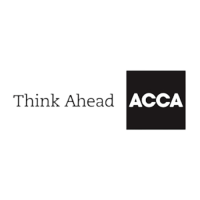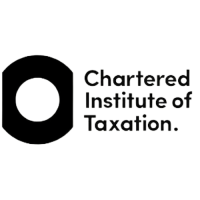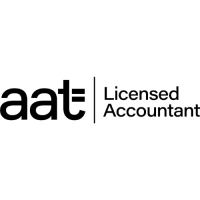Last updated: 28 February 2026
Introduction: A Critical Decision for Barristers
In the legal profession, particularly among self-employed barristers, the choice of accounting basis can profoundly impact tax liability and financial management. Since the tax year 2013/14, barristers in the UK have had the option to adopt the cash basis for tax accounting. While this was a welcome development, it also brought about the question: when in their career and by what means should a barrister transition from a cash basis to an earnings basis?
What Is the Cash Basis?
The cash basis is a simplified accounting method where you only declare the money you have received and the expenses you have paid within the tax year. This method is particularly popular among self-employed individuals and small businesses, including barristers.
What Is the Earnings Basis?
Contrastingly, the earnings basis, or accruals basis, records income and expenses as they are earned or incurred, not necessarily when the money changes hands. This method adheres more closely to Generally Accepted Accounting Principles (GAAP).
Why This Matters
The decision to switch from the cash basis to the earnings basis is not one to be taken lightly. It involves considerations related to turnover, debtors, VAT registration, and even the types of cases a barrister takes on. Furthermore, HMRC imposes certain transitional rules and adjustments that must be meticulously followed.
In this article, we will walk you through the process, the eligibility criteria, and the transitional adjustments you need to be aware of when considering such a change. Whether you are new to the profession or looking to optimise your tax position, this guide is for you.
Understanding the Mechanics: Cash Basis vs Earnings Basis
Cash Basis: The Simplicity Factor
In the cash basis, the tax treatment is straightforward. Income is only recognised when it is received, and expenses are deductible when they are paid. For barristers, this could mean that professional fees are only considered as income when they are actually received from clients or solicitors. On the expenditure side, costs like chamber fees or legal research expenses become deductible when they are actually paid.
Limitations of the Cash Basis
However, the cash basis has limitations. For instance, if your turnover exceeds £300,000, you must leave the cash basis and switch to the earnings basis. Additionally, the cash basis does not allow for a detailed view of debtors and creditors, which could be crucial for barristers dealing with complex cases that span multiple accounting periods.
Earnings Basis: The Comprehensive View
The earnings basis provides a more holistic view of a barrister’s financial position. Under this method, income is recorded as it is earned. So, if you have provided legal services but have not been paid yet, this would still be recognised as income. Similarly, if you have incurred expenses but have not paid them, they are still deductible.
When Should Barristers Consider the Earnings Basis?
The earnings basis is generally more suitable for barristers with a high volume of work in progress or those dealing with complex financial transactions. It is especially beneficial if you are working on cases that are likely to extend over a long period or if you often have significant amounts of income that are yet to be received.
Transitional Adjustment: Cash Basis to Earnings Basis
When you switch from the cash basis to the earnings basis, a transitional adjustment will occur to account for income and expenditure that may be double-counted or omitted. This adjustment income is usually spread over six years to ease the tax burden. Understanding how to calculate this adjustment is crucial for barristers to avoid any tax complications.
Legal and Regulatory Considerations: What Barristers Need to Know
HMRC Guidelines
When it comes to tax and accounting, it is crucial to stay compliant with the guidelines set forth by HMRC. HMRC provides extensive guidance on eligibility criteria for using the cash basis, which barristers should carefully review.
When is it Mandatory to Leave the Cash Basis?
For barristers, if your turnover exceeds £300,000 in an accounting period, you must leave the cash basis for the earnings basis when preparing the next set of accounts. Failing to do so could result in penalties and additional tax charges.
VAT Registration and Council Tax
VAT registration also plays a role in your accounting decisions. If you are VAT registered, you will need to account for it on a VAT-inclusive basis if you choose the cash basis. Similarly, barristers need to consider the impact of council tax on their overall taxable profits, as it can be deducted as an expense under certain conditions.
Legal Aid and Special Cases
In cases involving Legal Aid, barristers must be particularly cautious. Legal Aid payments fall under special taxation rules, and the accounting basis you choose can have implications on how you report this income. Always consult with an accountancy expert like Jack Ross familiar with the legal sector to ensure compliance.
Navigating Transitional Adjustments: A Guide for Barristers
What is Transitional Adjustment?
When you switch from the cash basis to the earnings basis or vice versa, there may be transitional adjustments to consider. This adjustment income is essentially the difference between the amounts recognised under the old and new bases. Transitional adjustment is crucial for avoiding double-counting or omission of any income or expenditure.
How to Calculate Adjustment Income
Adjustment income would typically involve several accounting entries and could spread over six years or more, depending on the specific circumstances. Barristers can elect to accelerate the charge if they prefer, which would require expert consultation to ensure it aligns with your tax planning strategy.
Debtors and Creditors
One of the most significant parts of transitional adjustment involves reconciling debtors and creditors. Amounts owed to the business, or amounts that customers owe, must be accurately reflected to avoid any tax discrepancies.
The Role of Capital Allowances
Capital allowances play a crucial part in transitional adjustments. Apart from cars, any residual unrelieved capital allowances pools may be deducted as an expense in the first year under the new basis. This requires careful calculation to ensure that you are not missing out on any tax relief.
How Making Tax Digital Changes Cash Basis Reporting
From April 2026, Making Tax Digital for Income Tax (MTD for ITSA) requires self-employed barristers earning over £50,000 to file quarterly digital updates with HMRC. This fundamentally changes how your chosen accounting basis interacts with your reporting obligations.
Under MTD, the cash basis remains the default method for most barristers with turnover under £150,000. You do not need to switch to the earnings basis simply because MTD is being introduced. However, the mechanics of reporting change significantly: where previously you submitted a single Self Assessment return after the tax year ended, you will now submit four quarterly updates plus a final declaration.
Under MTD with cash basis accounting, each quarterly update captures a snapshot of your cash position for that period – income received and expenses paid within the quarter. This does not change what you can claim as a deductible expense. It changes when you report it. If you are already comfortable with cash basis principles, the transition to MTD quarterly reporting should be manageable with the right software and professional support.
Quarterly Reporting Under Cash Basis: Timing of Fee Receipts
The timing of fee receipts is where cash basis reporting under MTD becomes particularly nuanced for barristers. Unlike most self-employed professionals, barristers routinely receive fees weeks or months after the work is completed, often through their clerks.
Under cash basis with MTD quarterly updates, the critical date is when the fee is received, not when the work was performed. A brief fee for work done in May but paid in August falls into Q2 (July–October), not Q1 (April–June). This distinction matters because each quarterly update must accurately reflect the cash that moved during that specific period.
For clerk-collected fees, the relevant date is when your clerk receives the fee from the instructing solicitor – not when the clerk subsequently pays you. This is a common area of confusion and one that HMRC may scrutinise. Your clerk’s fee statements serve as essential evidence for quarterly filing, so ensure you receive these promptly at the end of each quarter.
Chambers rent deducted at source follows the same principle: it is deductible on the date the clerk deducts it, which typically coincides with the fee receipt date. Keep clear records of the gross fee, the chambers rent deduction, and the clerk’s commission for each payment received.
Worked Example: Cash Basis vs Accruals Under MTD (Q1 2026/27)
To illustrate the practical difference, consider a barrister who works on three cases during April–June 2026 (Q1 of the 2026/27 tax year):
| Case | Work Done | Fee | Fee Received | Cash Basis Q1 | Accruals Q1 |
|---|---|---|---|---|---|
| Case A | April 2026 | £8,000 | May 2026 (via clerk) | Include | Include |
| Case B | May 2026 | £12,000 | September 2026 | Exclude (not received) | Include (work done) |
| Case C | June 2026 | £5,000 | June 2026 | Include | Include |
Expenses in Q1:
- Chambers rent deducted from Cases A and C: £2,600 (20% of £13,000)
- Clerk’s fees on Cases A and C: £1,040 (8% of £13,000)
- Travel to court: £380
Cash basis Q1 profit: (£8,000 + £5,000) − £2,600 − £1,040 − £380 = £8,980
Accruals Q1 profit: (£8,000 + £12,000 + £5,000) − £2,600 − £1,040 − £380 = £20,980
Under accruals, Case B’s £12,000 is included because the work was performed in Q1, even though the fee has not yet been received. The cash basis gives a more accurate picture of actual cash flow during the quarter, which is precisely why HMRC made it the default for qualifying taxpayers.
Which Basis for MTD? A Decision Framework
With MTD for Income Tax approaching, barristers should assess whether their current accounting basis is still appropriate. Cash basis is the default and, for the majority of barristers, the right choice. However, the decision is not automatic – consider the following factors:
Cash basis is likely right if you:
- Have turnover under £150,000
- Want simpler quarterly updates that match your actual bank transactions
- Prefer straightforward reconciliation between your records and your bank account
- Do not carry significant work-in-progress balances at quarter end
Consider accruals if you:
- Have turnover above £150,000 (cash basis unavailable above this threshold under MTD)
- Routinely carry substantial work-in-progress at period end
- Have complex financial arrangements such as partnerships or multiple income streams
- Need to claim interest on loans used for business purposes exceeding £500 per year
Cash basis under MTD has clear advantages: quarterly updates are simpler to prepare, figures align with bank statements, and there is no need to value work-in-progress. The main disadvantage is that it does not capture unpaid fees, which could understate income in busy quarters where payments are delayed.
If you are unsure which basis suits your practice, contact Jack Ross for a free review of your position before MTD obligations begin.
This concludes the article on how to change from the old cash basis to the earnings basis for barristers. Transitioning between accounting bases is a complex process that requires a thorough understanding of tax law, HMRC guidelines, and accounting principles.
Consult An Accountant – Get in Touch with Jack Ross
Jack Ross Chartered Accountants has decades of experience in dealing with the finances of barristers. If you are thinking of changing from the cash basis to the earnings basis, or just need professional advice on your finances, get in touch.
Frequently Asked Questions
What Are the Differences Between Cash Basis and Earnings Basis for Barristers?
Cash basis accounting recognises income and expenses only when money changes hands. Earnings basis, on the other hand, records them as they are earned or incurred. The choice between the two can significantly affect a barrister’s tax liability and financial management.
When Should Barristers Consider Switching to the Earnings Basis?
Barristers should consider switching to the earnings basis if their turnover exceeds £300,000 or if they deal with complex financial transactions and cases that span multiple accounting periods. The earnings basis offers a more comprehensive view of your financial position.
What Are Transitional Adjustments in Accounting for Barristers?
Transitional adjustments occur when you switch from the cash basis to the earnings basis. These adjustments account for any income and expenditure that may be double-counted or omitted. Understanding how to calculate these adjustments is crucial for tax compliance.
Does Making Tax Digital Change Which Basis I Can Use?
No. Cash basis remains the default under MTD for Income Tax for barristers with qualifying turnover (under £150,000). MTD changes how frequently you report – quarterly rather than annually – but does not alter the fundamental rules governing cash basis or accruals accounting.
How Do I Report Clerk-Collected Fees Under MTD Cash Basis?
Record the fee on the date your clerk receives it from the instructing solicitor, not when the clerk pays it over to you. Your clerk’s fee statement is the supporting evidence you should retain for each quarterly update. Chambers rent and clerk’s commission deducted at source are deductible on the same date.
Can I Switch Accounting Basis After MTD Starts?
Yes. You can elect to use the accruals (earnings) basis regardless of turnover, even after MTD for Income Tax begins. If you switch, you will need to calculate transitional adjustments to avoid double-counting or omitting income. Speak to your accountant about the timing and tax implications before making the change.
